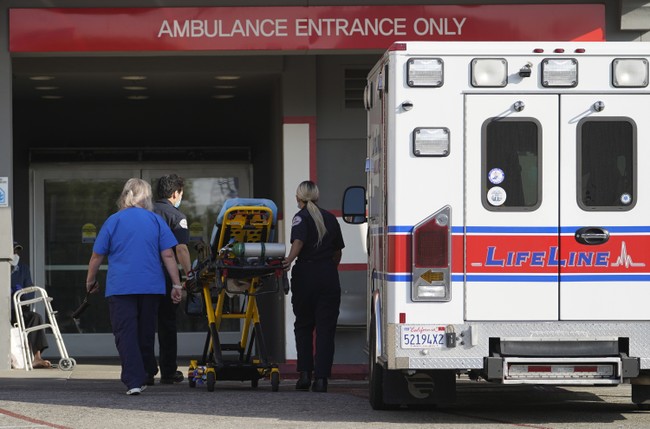
Congress may be back in session with its usual flurry of activity, but amidst the headline-grabbing debates over government funding and immigration, there’s a quieter but potentially more impactful battle brewing—one that could have serious ramifications for healthcare in communities across the nation.
At the center of this debate is a bipartisan group of senators, informally dubbed the “Gang of Six,” who are quietly working on potential changes to the 340B drug pricing program. On the Republican side, Senators John Thune (SD), Jerry Moran (KS), and Shelley Capito (WV) have joined their Democratic colleagues, Senators Debbie Stabenow (MI), Ben Cardin (MD), and Tammy Baldwin (WI), in tackling the future of this crucial program.
For those unfamiliar, the 340B program allows hospitals and healthcare providers in low-income and rural areas to purchase medications at discounted prices from pharmaceutical companies. These savings are vital, allowing hospitals to remain financially viable and continue providing services to underserved communities. The discounted drugs are often sold at regular prices to insured patients, allowing these healthcare providers to use the profit margin to cover costs, pay healthcare staff, and maintain operations.
Why does this matter? Because rural states like South Dakota, West Virginia, and Kansas rely heavily on the 340B program to keep their healthcare facilities open. For example, South Dakota, despite its sparse population, has 339 active 340B entities, providing much-needed healthcare access to its rural communities. West Virginia, one of the poorest states in the country, has over 1,060 of these entities, and Kansas has 946. These numbers underscore how essential the program is for ensuring that working-class and rural patients have access to hospital services.
But this isn’t just about those three states—it’s about the broader picture of healthcare access in rural America. Across the country, rural hospitals are struggling to keep their doors open, and the 340B program is a lifeline. Just in the past month, we’ve seen MercyOne closing its Primghar location in Iowa, the Regional Health System shutting down its Norman Regional Hospital in Oklahoma, and a temporary closure of a 340B facility in rural Ohio. Without 340B, these closures would likely become far more common.
The pharmaceutical industry, unsurprisingly, isn’t a fan of the program. They’d rather see these discounts eliminated, arguing that hospitals should rely on government funding or higher taxes to stay afloat. However, the reality is that Big Pharma agreed to 340B in exchange for access to lucrative Medicare and Medicaid markets, and now they want to renege on that deal. If they succeed, rural communities could be left without access to healthcare, or taxpayers could be forced to foot the bill for direct government bailouts to struggling hospitals.
The deliberations within the “Gang of Six” have been shrouded in secrecy, but it’s clear that there’s tension. Reports suggest that Senator Moran has had more than a few friendly meetings with pharmaceutical representatives, raising concerns about whether he’s representing the interests of his rural constituents or the deep pockets of Big Pharma. This is especially troubling, considering that Kansas recently passed legislation to protect the 340B program—legislation now being challenged in court by two major drug companies.
The stakes couldn’t be higher. As we approach another election season and navigate the usual government funding debates, it’s vital to pay attention to this issue. The 340B program might not be as flashy as some other topics dominating the news, but it could have a far-reaching impact on healthcare in rural America. If these senators make the wrong decisions, it’s not just hospitals that will suffer—it’s the millions of Americans who rely on them.
Now is the time to stay informed and hold our elected officials accountable. The health and well-being of countless communities are on the line, and we can’t afford to let this issue slip through the cracks.
